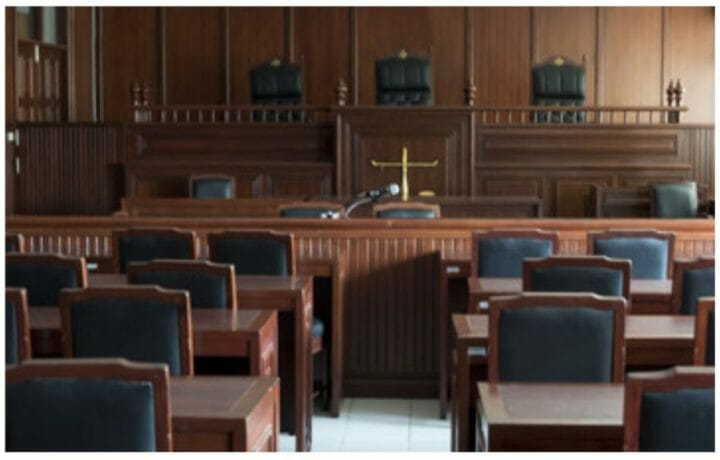“Hey I’m wondering if it’s worth it for me to have a lawyer help with SF-86 prep? I don’t have too much in the way of red flags, the only big ones would be occasional weed usage (~35-45 times) from 2019-2023, haven’t used in over a year and a half now, and also, in 2022, purchasing weed in a legal state from a dispensary that was then used in another legal state. While I’m not as worried about the weed usage as it’s been a bit and I have no desire to continue using it, I am a bit worried about the purchasing. Other than that, I have like, one foreign contact, a Canadian guy I game with on occasion, and I think the rest is pretty cut and dry. This is my first time filling out an sf-86 for my first job out of college and not only do I want to make sure I do it right, I want to make sure I address my red flags not only properly, but in a manner that will minimize any issues they may raise during the clearance process.”
The short answer…as always? It depends. Here’s a deeper dive into when legal help makes sense and when you can probably navigate the form solo.
When You Might Need Legal Backup
Filling out the SF-86 can feel like walking through a minefield if you’ve got any complications in your past. A security clearance attorney won’t just help you stay honest, they’ll help you be strategic and clear about how you present the facts. For instance, if you’ve ever been arrested (whether or not charges were filed, or the incident was later dismissed) you’re still required to disclose it on certain sections. Even those minor college infractions you’d hoped were long buried might be relevant here.
And the main course of this Ask CJ – drug use. Especially marijuana these days, is another area that often trips people up. Even if cannabis is legal in your state, it remains illegal under federal law, which governs security clearances. Past use doesn’t always result in disqualification, but how you frame it can influence the outcome. The original poster vows to not use and hasn’t in over a year. This, coupled with disclosing, is on their side.
While filling out the SF-86 isn’t all that complicated, the most common scenario of when to hire a clearance attorney is if you’ve previously had a clearance denied or revoked. Applicants should consider seeking legal guidance before applying again. In those cases, you’ll need to demonstrate substantial change or mitigation since the original denial, and that’s rarely something you want to handle alone.
What a Clearance Attorney Actually Does
A good clearance attorney acts as both translator and strategist. They can help you understand what the form is really asking and ensure you don’t unintentionally over-disclose or under-disclose information. They’ll work with you to frame any potentially problematic parts of your background in the best possible light, helping to show mitigating circumstances or corrective actions. When your application leads to an interview or follow-up questions from an investigator, they can also help you prepare and feel confident about how to answer in subject interviews.
When You’re Probably Fine Without One
Not everyone needs to lawyer up. If your record is clean, your finances are stable, and you don’t have international entanglements or prior clearance issues, then you’re likely in the clear. Many applicants fall into this category and complete the form without legal assistance. Even if there are are concerns after you review the adjudicative guidelines, if you feel comfortable answering the questions truthfully and completely, and you don’t find yourself second-guessing your explanations, then you probably don’t need to bring in outside help.
FedUp on the thread notes, “I’ve seen many posts from investigators to just answer the questions as they’re written. Every person’s situation/history/details is different and over the course of months all things are going to be taken in to consideration. Just fill out the form and let the process roll.”
That said, it’s completely normal to feel nervous. The SF-86 isn’t just a background check—it’s an MRI scan of your life. But nervousness alone isn’t a reason to hire a lawyer. Think of the SF-86 process like doing your taxes. If your situation is straightforward, you can probably handle it yourself. But if things are messy, complicated, or high-risk, you hire a professional.
If you’ve got some past bumps in the road, even a brief consultation with a clearance attorney can provide peace of mind and potentially save you months of delays. Or worse, a denial.
This question was posed from a subscriber at ClearanceJobsBlog.com, where you can read and discuss government security clearance process, how to get a security clearance job, and background investigations issues.
Much about the clearance process resembles the Pirate’s Code: “more what you’d call guidelines than actual rules.” This case-by-case system is meant to consider the whole person, increase process security, and allow the lowest-risk/highest-need candidates to complete the process. This article is intended as general information only and should not be construed as legal advice. Consult an attorney regarding your specific situation.




